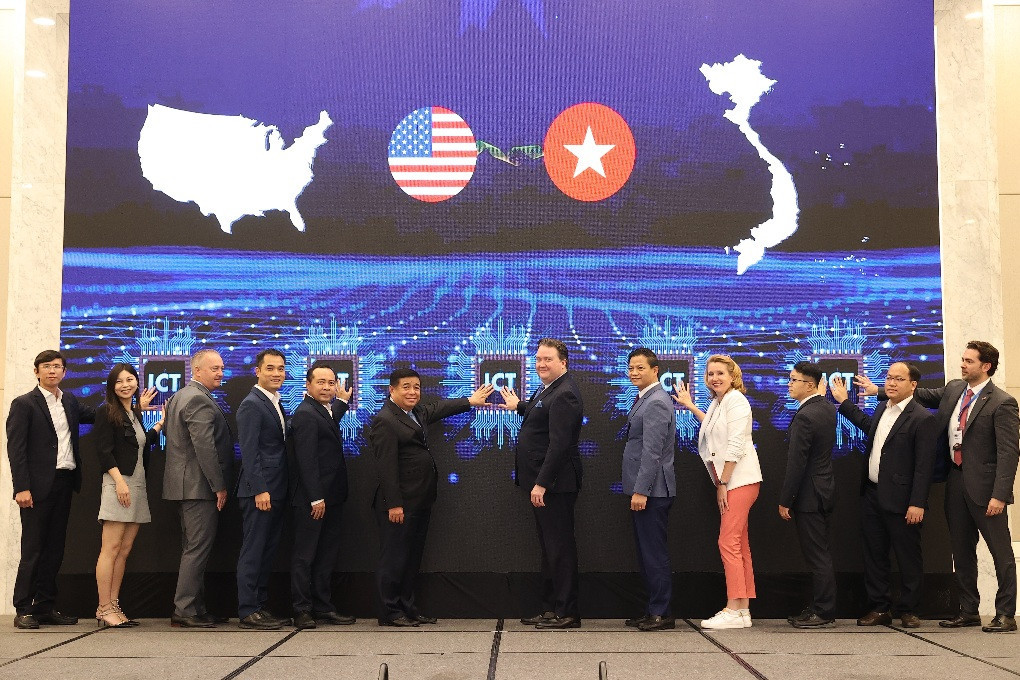
This activity was organized on the occasion of the establishment of the Vietnam-US Comprehensive Strategic Partnership last year that includes deploying a project on developing human resources for the semiconductor industry by 2030, with a vision towards 2050.
In addition to cooperation activities in training and human resource development, Vietnam and the US have agreed to have innovation and high technology, especially semiconductors, become an important pillar in the Vietnam-US relationship.
The US government has pledged to support Vietnam to build a semiconductor ecosystem, including a plan on building two semiconductor training centers in Hanoi and HCMC, to produce tens of thousands of semiconductor engineers.
Vietnam is cooperating with the US in semiconductor initiatives within the framework of OECD, including a network of semiconductor specialists to more deeply join the global supply chain.
Minister of Planning and Investment Nguyen Chi Dung said the event not only marks the start of the new training program with international standards in microchip packaging and testing designed for lecturers and students of universities in Vietnam, but also marks an important step forward on the path of mastering technologies in the semiconductor industry.
The government of Vietnam considers hi-tech fields, especially semiconductors and AI, as fields which can make breakthroughs. This will give opportunities to Vietnamese businesses to join more deeply into the global value chain and create a new momentum for economic development.
Vietnam is now among the fastest growing digital economies in Southeast Asia. The country is located in an advantageous geopolitical position, has a young workforce with good knowledge in technology, and has increasingly modern infrastructure, thus attracting more and more technology corporations, especially in semiconductors and AI.
Dung said that the cooperation potential between Vietnamese and American partners in semiconductors and other high technologies is very high.
The US investment and support in Vietnam's human resources is the key to opening the door to a brighter and more sustainable future, bringing great benefits to both Vietnam and the US.
NIC director Vu Quoc Huy said to develop the semiconductor industry, Vietnam needs to attract investment from foreign businesses, especially American ones.
“When entering Vietnam, they will both invest and cooperate to promote and support Vietnamese enterprises to gradually participate in the semiconductor industry value chain. Many US enterprises have cooperated with NIC and Vietnamese universities in developing lecturers, students and engineers for Vietnam,” Huy said.